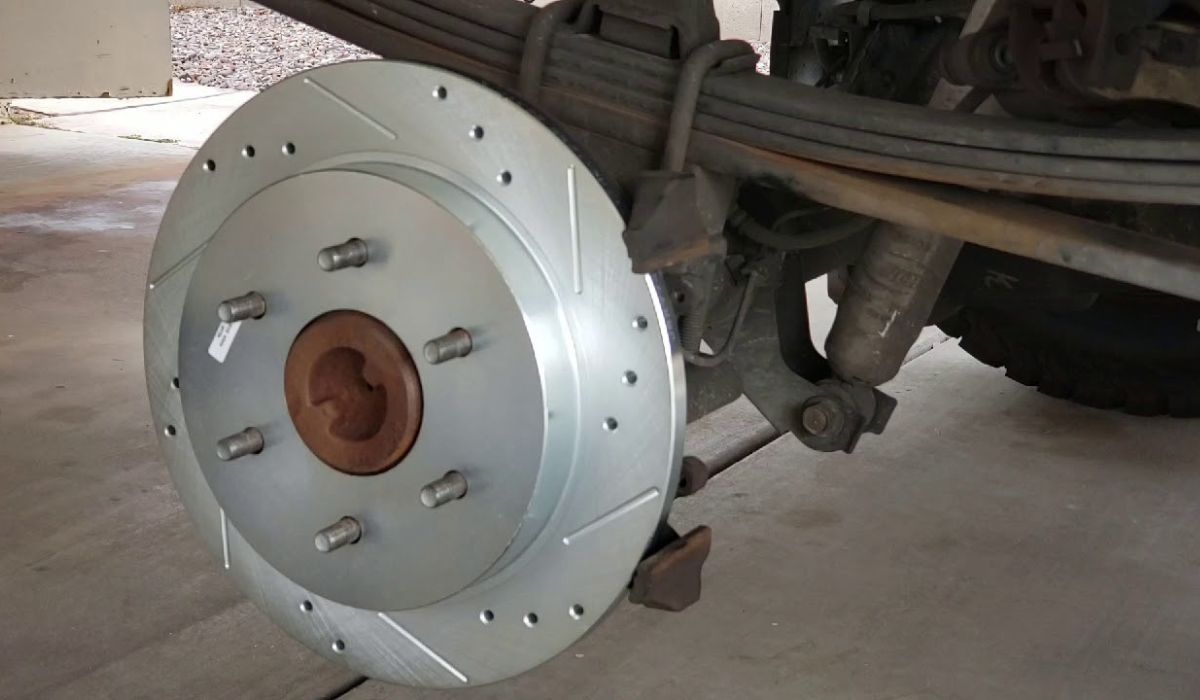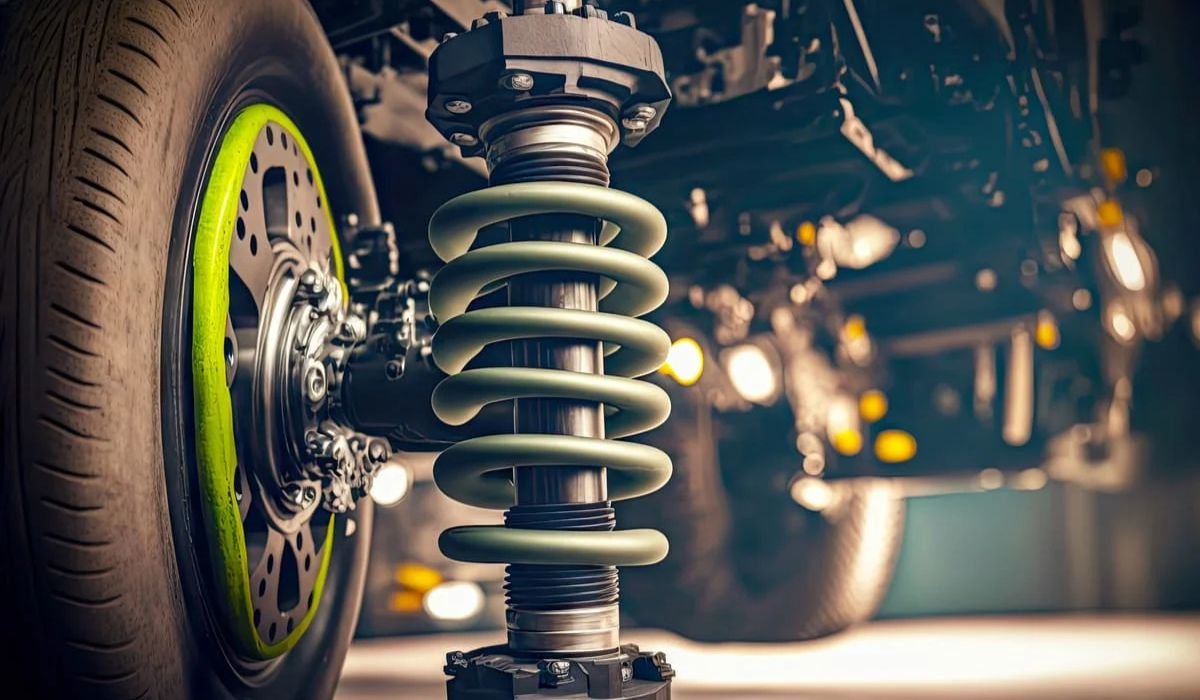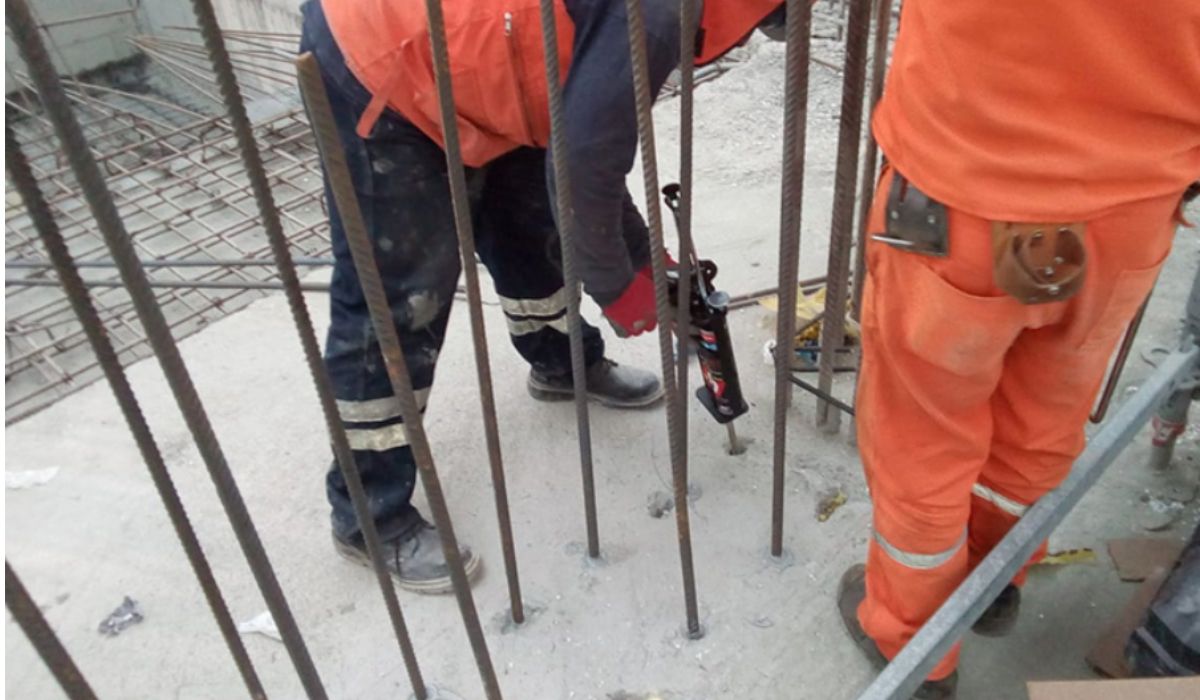Introduction
Have you ever wondered how the size of your car’s rear rotors impacts its performance? For Volkswagen MK7 owners, knowing the right size of rear rotors is crucial for optimal braking efficiency and safety. This article aims to provide a comprehensive overview of MK7 rear rotor sizes, helping you understand their importance, how to determine the correct size for your specific model, and maintenance tips to keep your braking system in top condition.
We will cover several key points, including the significance of rotor size, standard sizes available for MK7 models, and factors that might affect these measurements. Additionally, you’ll learn how to identify your specific rotor size and make informed choices between OEM and aftermarket options.
Understanding MK7 Rear Rotor Sizes
Importance of Rotor Size
Rotor size is more than just a number; it directly influences your vehicle’s braking performance. Here’s how:
- Braking Efficiency: Larger rotors typically provide better heat dissipation, which helps maintain performance during repeated stops.
- Safety: Proper rotor size ensures that the brakes engage effectively, reducing stopping distances and enhancing overall safety.
- Wear and Tear: Incorrect rotor size can lead to uneven wear on brake pads and potential damage to the braking system.
Standard Sizes
For Volkswagen MK7 models, the standard rear rotor sizes generally range from:
- 280 mm (11.02 inches): Commonly found in base models.
- 310 mm (12.2 inches): Often seen in higher trim levels or sportier versions.
These sizes can vary slightly based on specific configurations and options.
Factors Affecting Size
Several factors can influence the size of your MK7 rear rotors:
- Trim Level: Higher trim levels may feature larger rotors for enhanced performance.
- Engine Type: Variants with more powerful engines often require larger rotors.
- Options: Additional performance packages can also impact rotor size.
Determining Your Specific Rotor Size
Vehicle Identification Number (VIN)
One of the best ways to find out the exact size of your MK7 rear rotors is by checking the Vehicle Identification Number (VIN). Here’s how:
- Locate your VIN, usually found on the dashboard or driver’s side door frame.
- Use online VIN decoders or consult your owner’s manual to obtain detailed specifications, including rotor size.
Online Resources
There are several reliable online tools and databases where you can look up your MK7’s rotor size:
- Volkswagen Forums: Community-driven sites often have extensive information.
- OEM Parts Websites: These sites provide detailed specifications for each model.
Consulting a Mechanic
If you’re still unsure, consulting a mechanic can provide peace of mind. They can accurately measure your existing rotors and recommend the right replacements based on your vehicle’s needs.
Choosing the Right Rear Rotor Fit
OEM vs. Aftermarket
When it comes to selecting rear rotors, you’ll face the choice between Original Equipment Manufacturer (OEM) and aftermarket options.
- OEM Rotors:
- Advantages: Perfect fit and reliability, typically backed by warranty.
- Disadvantages: Generally more expensive.
- Aftermarket Rotors:
- Advantages: Often more affordable, with options for performance upgrades.
- Disadvantages: Quality can vary, and compatibility might be an issue.
Compatibility
Ensuring that the rotors you choose are compatible with your specific MK7 model is crucial. Always double-check part numbers and specifications before making a purchase.
Performance and Safety Considerations
The quality of your rotors directly affects your vehicle’s braking performance and safety. High-quality rotors ensure:
- Consistent performance under various driving conditions.
- Reduced risk of brake fade, especially in high-demand situations.
Maintaining Your MK7 Rear Rotors
Regular Inspection
Regularly inspecting your rotors for wear and damage is vital. Look for:
- Cracks or Warping: These can significantly affect braking performance.
- Uneven Wear: This might indicate alignment or suspension issues.
Replacement Schedule
Typically, it’s a good idea to consider replacing your rear rotors every 30,000 to 70,000 miles, depending on your driving habits and rotor quality.
Proper Installation
When installing new rotors, ensure:
- Correct Torque Specifications: This prevents uneven pressure and ensures proper functionality.
- Clean Surface: Clean the hub surface to prevent debris from interfering with the rotor’s performance.
YOU MAY ALSO LIKE: Whats the Nearest Tow Yard to 6005 Raventree Court?
Conclusion
Understanding what size MK7 rear rotors your vehicle requires is essential for maintaining optimal braking performance and safety. From knowing the standard sizes to utilizing your VIN for precise identification, being informed helps you make the best choices for your car. Whether you opt for OEM or aftermarket rotors, ensuring proper fit and quality will enhance your driving experience. Regular inspections and timely replacements are also key to a safe and smooth ride.
FAQs
What size are MK7 rear rotors?
MK7 rear rotors typically measure 280 mm or 310 mm, depending on the model and trim level.
How can I find out the specific rotor size for my MK7?
You can use your VIN to look up specific rotor sizes or consult a mechanic for accurate information.
What are the advantages of OEM rotors?
OEM rotors provide a perfect fit and reliability, ensuring that your braking system functions as intended.
How often should I replace my MK7 rear rotors?
It’s advisable to replace rear rotors every 30,000 to 70,000 miles, depending on your driving style and rotor quality.
Are aftermarket rotors worth considering?
Aftermarket rotors can be more affordable and offer performance upgrades but ensure compatibility and quality before purchase.





